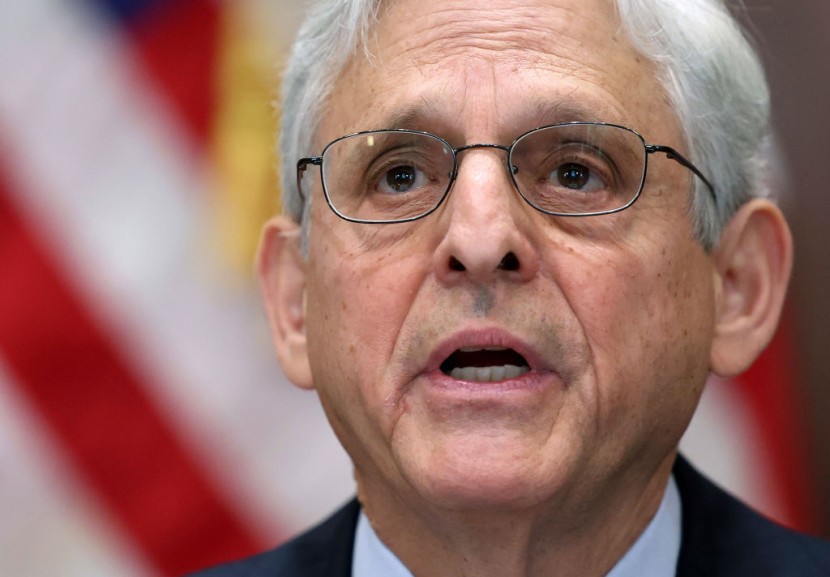
Three years after the death of George Floyd, the United States Department of Justice (DOJ) released a report criticizing the Minneapolis police, revealing systemic police problems and discrimination by officers.
The report, issued on Friday, found that Minneapolis police officers discriminated against racial minorities, violated constitutional rights, and disregarded the safety of people in custody for several years, even before the high-profile death of the Black man.
Two-Year DOJ Investigation
The DOJ's findings come after a two-year investigation and confirm many of the citizen complaints regarding the conduct of police that emerged following the Black man's death. The probe found that police officers from the Minneapolis force used excessive force, such as "unjustified deadly force," and violated the rights of individuals engaged in constitutionally protected speech.
Furthermore, the inquiry concluded that both police and the city of Minneapolis discriminated against Black and Native American individuals as well as those with "behavioral health disabilities."
In a news conference, Attorney-General Merrick Garland said they observed many Minneapolis Police Department (MPD) officers who had worked with professionalism, courage, and respect, per the Associated Press.
However, the official said that the patterns and practices that the department found were why the incident with Floyd was even possible in the first place. Garland added that MPD officers routinely neglected the safety of people they had in custody.
The attorney general cited various examples where someone complained that they could not breathe, only to have police officers reply with a variation of "You can breathe. You're talking right now."
Misconduct by Minneapolis Police
The police officers involved in Floyd's case, who died on May 25, 2020, commented similarly to what the DOJ found. Officers reportedly used "dangerous techniques and weapons against people who committed at most a petty offense and sometimes no offense at all."
Garland added that he had talked to Floyd's family, noting that the Black man's death had an "irrevocable impact on the Minneapolis Community and our country and the world." According to ABC News, he argued that the loss of life was still felt deeply by the people who loved and knew him and even those who did not.
The attorney general said that one city leader told the DOJ that the report found systemic issues did not occur just on Floyd's death. Garland noted that several instances were similar to those reported by the community long before the Black man's demise.
The official said that in 2017, an officer was found to have shot and killed an unarmed woman who approached a police car after reporting a potential sexual assault in an alley. The report said this was because an officer was "spooked."
Garland revealed that several years before Derek Chauvin murdered Floyd by kneeling on the Black man's neck for more than nine minutes, the former officer had already used excessive force in other instances, and other officers also failed to intervene, said Aljazeera.
Related Article: 9 Survivors Arrested Over Capsized Migrant Boat Off Greece
© 2026 HNGN, All rights reserved. Do not reproduce without permission.








